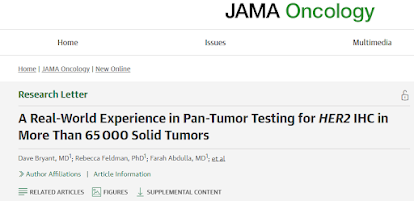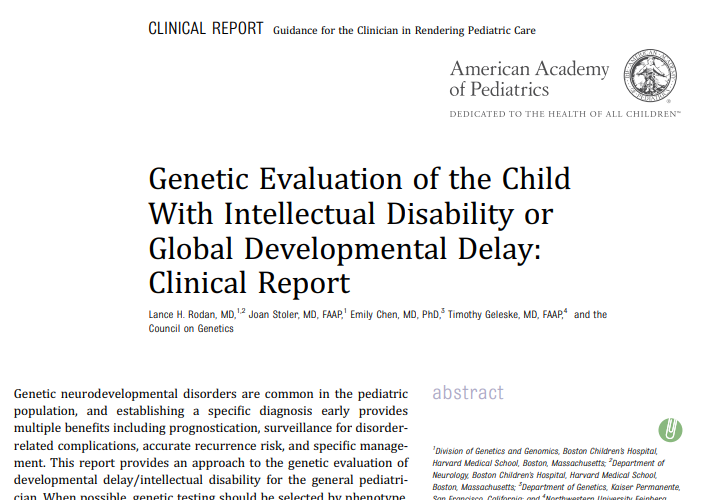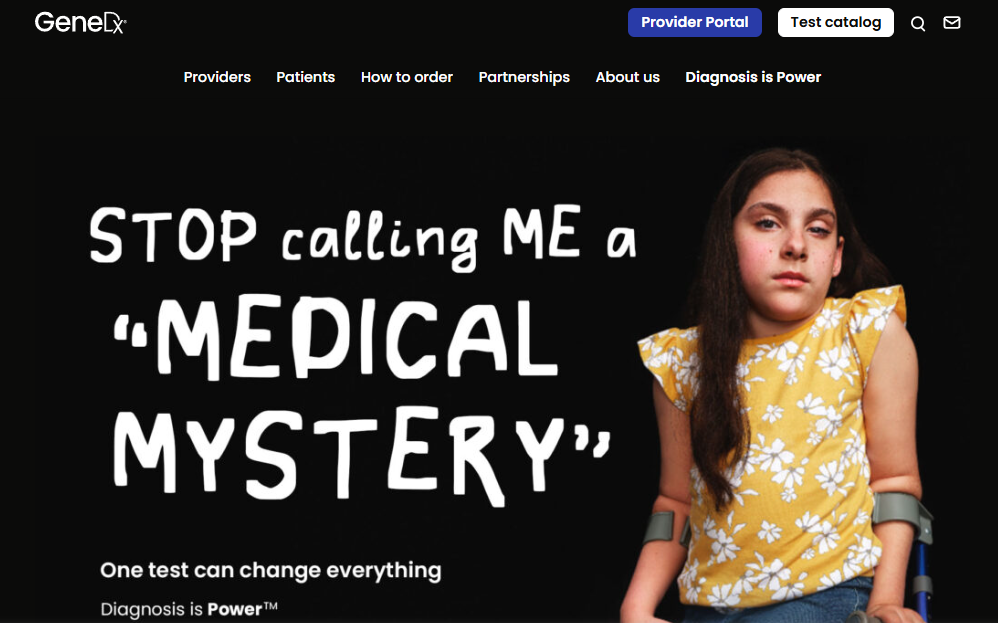June 26, 2025, Eckardt publishes in Forbes an article about the high prevalence and mortality risks of antimicrobial resistance (AMR) in cancer patients - both inpatients and outpatients.
As an experiment, here is an AI-created essay about the Forbes article and Gupta 2024, Gupta 2025.
###
Gupta 2024, cancer inpatients. Gupta 2025, cancer outpatients.
Forbes news article, Eckardt June 26.
###
AI Corner
###
A growing body of evidence now confirms that patients with cancer—both hospitalized and ambulatory—face significantly elevated rates of antimicrobial-resistant (AMR) infections, with incidence and odds ratios for key pathogens often exceeding 1.5 to 2.0 compared to non-cancer populations.
These findings underscore the immunologic vulnerability of oncology patients and the compounding risks posed by chemotherapy, mucositis, and indwelling devices. But the implications for clinical microbiology and molecular diagnostics go beyond recognition of risk. Laboratories must now operationalize cancer-specific strategies for AMR surveillance, prioritize rapid diagnostics that can guide empiric therapy within hours rather than days, and collaborate with oncology and stewardship teams to recalibrate local antibiograms and testing workflows for high-risk populations.
The data support not only enhanced testing frequency and faster turnaround, but also selective deployment of molecular resistance panels or metagenomic tools where culture-based methods are too slow or insensitive to support timely cancer care.
###
Here is a concise, expert-level blog summary of the recent studies on antimicrobial resistance (AMR) in cancer patients by Gupta et al. (2024–2025), plus the Forbes news article, aimed at a genomics and microbiology-savvy audience:
A New Front in the War on Cancer:
Antimicrobial Resistance (AMR) in Oncology Care
Summary of Two Landmark Studies from the Cancer AMR Consortium (Gupta et al., 2024–2025)
The Cancer AMR Consortium—a collaboration involving Becton Dickinson, the AMR Action Fund, and UICC—has published a trilogy of studies that comprehensively characterize the burden of antimicrobial resistance in cancer patients, both hospitalized and ambulatory. The results highlight a silent but rapidly escalating threat to cancer care delivery, underscoring urgent needs in diagnostics, surveillance, and infection control.
1. Inpatient Setting: Multicenter Analysis Across 168 U.S. Hospitals
Published in Cancer Medicine (2024)
This study evaluated over 4.6 million hospital admissions, including ~297,000 admissions of cancer patients. Key findings:
-
AMR rates were 1.5–2x higher in hospitalized cancer patients vs non-cancer patients for multiple resistant pathogens:
-
VRE: IRR 1.95
-
ESBL-producing Enterobacterales: IRR 1.48
-
Carbapenem-nonsusceptible Enterobacterales: IRR 1.46
-
MDR P. aeruginosa: IRR 1.31
-
AMR isolate proportions (non-susceptibility % of isolates) were significantly higher in cancer patients for VRE and ESBLs, even after adjusting for hospital size, urban/rural status, and teaching affiliation.
-
The authors emphasize that routine oncology care practices—central lines, chemotherapy-induced mucositis, immunosuppression—are strong vectors for AMR exposure, warranting targeted prevention and stewardship strategies.
2. Outpatient Setting: Multicenter Cohort in 198 Clinics
Published in The Lancet Oncology (2025)
Expanding the lens to ambulatory oncology, this large-scale study analyzed 1.65 million outpatient pathogen isolates, 3.2% of which were from cancer patients.
-
AMR odds were significantly elevated in cancer patients across all major organism groups:
-
P. aeruginosa (carbapenem non-susceptibility): OR 1.22
-
Enterobacterales:
-
S. aureus (MRSA): OR 1.20
-
Enterococcus (VRE): OR 2.20
-
Relative AMR burden (IRR) was up to 3-fold higher in outpatients with cancer, especially for VRE and carbapenem-resistant pathogens.
The outpatient data demonstrate that AMR risk is not confined to the inpatient setting, and routine surveillance, empiric therapy guidelines, and antibiotic stewardship must be recalibrated in the cancer clinic context.
3. Editorial and Policy Context: Forbes Perspective (Eckhardt, June 2025)
Forbes contextualized these findings with urgency: infections are now the second leading cause of death in cancer patients, frequently from resistant organisms. The article criticizes oncology's institutional blindness to AMR: “Patients may die of an infection, but the death is still logged as 'cancer.'”
The piece underscores:
-
The lack of rapid diagnostics: culture-based methods still take days, increasing the odds of failed empiric therapy.
-
The inadequate pipeline of new antibiotics, stymied by broken commercial incentives.
-
The danger of stalling or canceling oncologic treatment due to untreatable infections—especially in LMICs, but increasingly a threat even in high-income countries.
Implications for Genomic Medicine
For leaders in genomic and microbiology diagnostics:
-
Rapid AMR profiling (e.g., NGS-based resistance gene panels, metagenomic sequencing) could be transformative in both inpatient and outpatient oncology care.
-
There's a clear need for cancer-specific diagnostic stewardship, optimizing empiric and targeted antimicrobial use based on patient immunologic status and treatment context.
-
These findings may spur new reimbursement models for rapid resistance diagnostics, similar to oncology companion diagnostics for targeted therapies.
The silent AMR crisis in oncology is no longer silent. It’s time for diagnostic and microbiology innovators to respond.
Let me know if you'd like a graphical summary, citation formatting, or to tailor this for LinkedIn, Substack, or conference slides.













